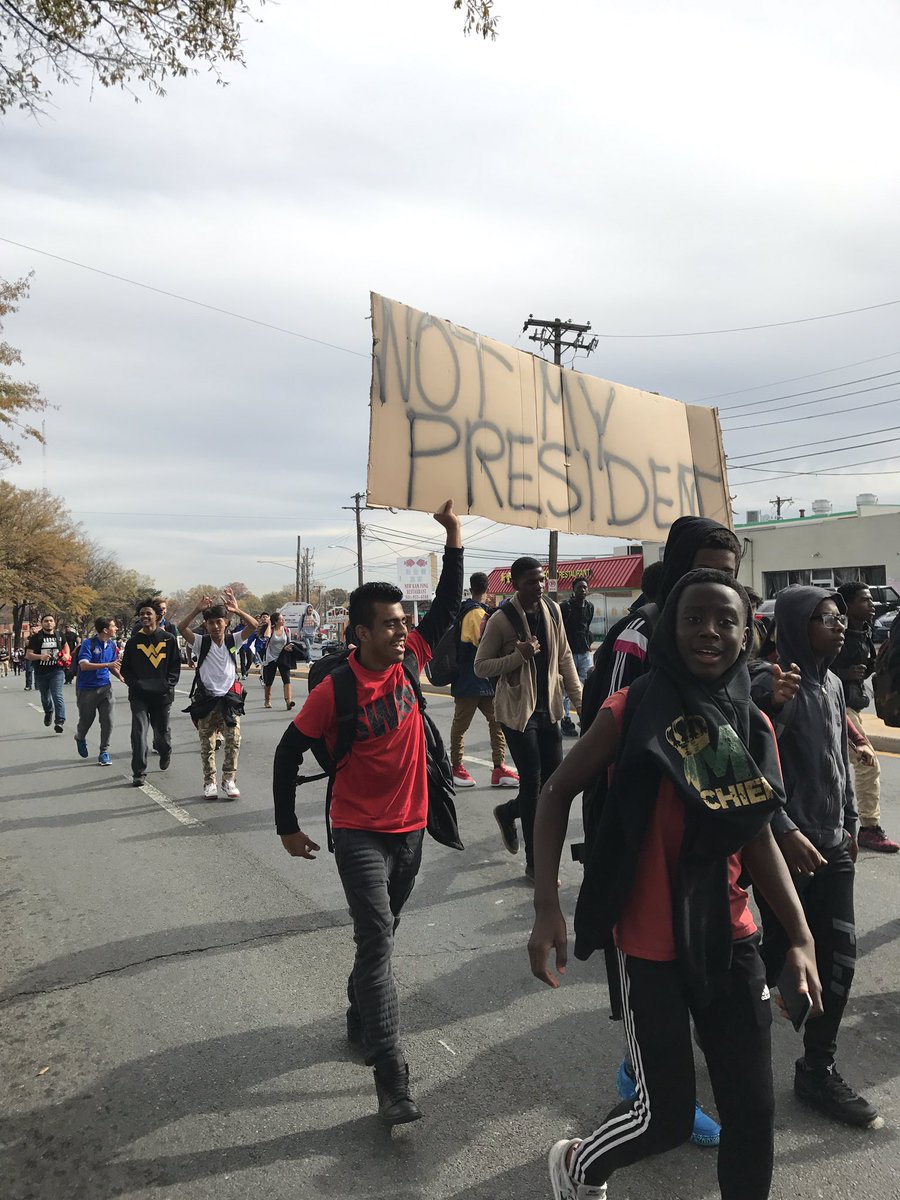On Friday, Sept. 14, the U.S. State Department is expected to announce the name of the first-ever youth representative to join the United States delegation to the United Nations in New York, selected from a pool of more than 730 applicants. Applications were due Sept. 7 and were open to all U.S. citizens between the ages of 18 and 25 years old.
“The youth voice is increasingly critical in these international venues,” said Mark Schlachter of the State Department’s Bureau of International Organization Affairs. “What we do know is that in the history of the U.N., the youth voice has been largely missing.”
About 40 countries on average send youth delegates to the United Nations General Assembly session every fall, but the United States has never done so, Schlachter said. However, the youth representative from the United States will not be considered a full delegate to the U.N., but will instead be called a “youth observer.”
“These things are bureaucratically challenging,” Schlachter said, explaining why the position is not a full delegate role. “The observer program allows us to explore a range of activities that youth might have as a delegate.”
The State Department is essentially testing the waters to see how a role specifically for youth plays out within the U.N. mission: the kinds of candidates it attracts, and the challenges, benefits and opportunities it presents. “We’re going to see how it goes and potentially look at turning this into a full-blown delegate program next year or the year after that,” Schlachter said.
U.N. Ambassador Susan Rice approved the youth observer role in response to years of lobbying by nonprofits like the United Nations Association of the United States of America and others that urged the United States to set an example for other countries by including youth within its delegation, said Patrick Madden, executive director of the UNA-USA, which is assisting the State Department with candidate selection.
Ambassador Rice’s move supports Secretary of State Hillary Clinton’s policy of encouraging youth engagement, Schlachter said, pointing to Clinton’s creation of a special Office of Global Youth Policy within the Department of State in June 2011.
“We’re looking for folks who are very eager to engage on the international stage, who recognize that the world is faced with some very significant challenges that must be addressed, in many cases, in a multilateral forum like the U.N.,” Schlachter said.
Ticking off issues like climate change, food security, atrocity prevention, and global health, Schlachter said, “We anticipate that applicants to the observer program will have interest in all those issues.”
The process of appointing a youth observer promises to be a whirlwind. The position was announced on Aug. 23 and applications were due Sept. 7, with the final selection announced on Sept. 14.
Barely a week after his or her selection, the youth observer will receive training from the State Department on U.N. protocols and U.S. positions before heading to the General Assembly session at the U.N. headquarters in New York on Sept. 21. He or she will also participate in secondary events hosted by nonprofit organizations and the media during the General Assembly summit.
During the rest of the year, he or she will spend time hosting dialogues with youth around the country, both in person and through social media forums like Facebook and Google Hangouts, to discuss issues important to youth and to increase public awareness of the United Nations’ work on those issues, Madden said.
The position is unpaid, although transportation and lodging are paid for while the youth observer is in New York City or traveling for the position. The State Department will do its best to accommodate the work and study schedules of the person selected when planning for outreach events, Schlachter said.
The final selection is expected to be announced online and via press release tomorrow, said Joe Catapano, a spokesperson for UNA-USA.
“It’s a tremendous experience,” Madden said. “It’s an opportunity for youth to step into the shoes of diplomats and debate and discuss world issues.”


























